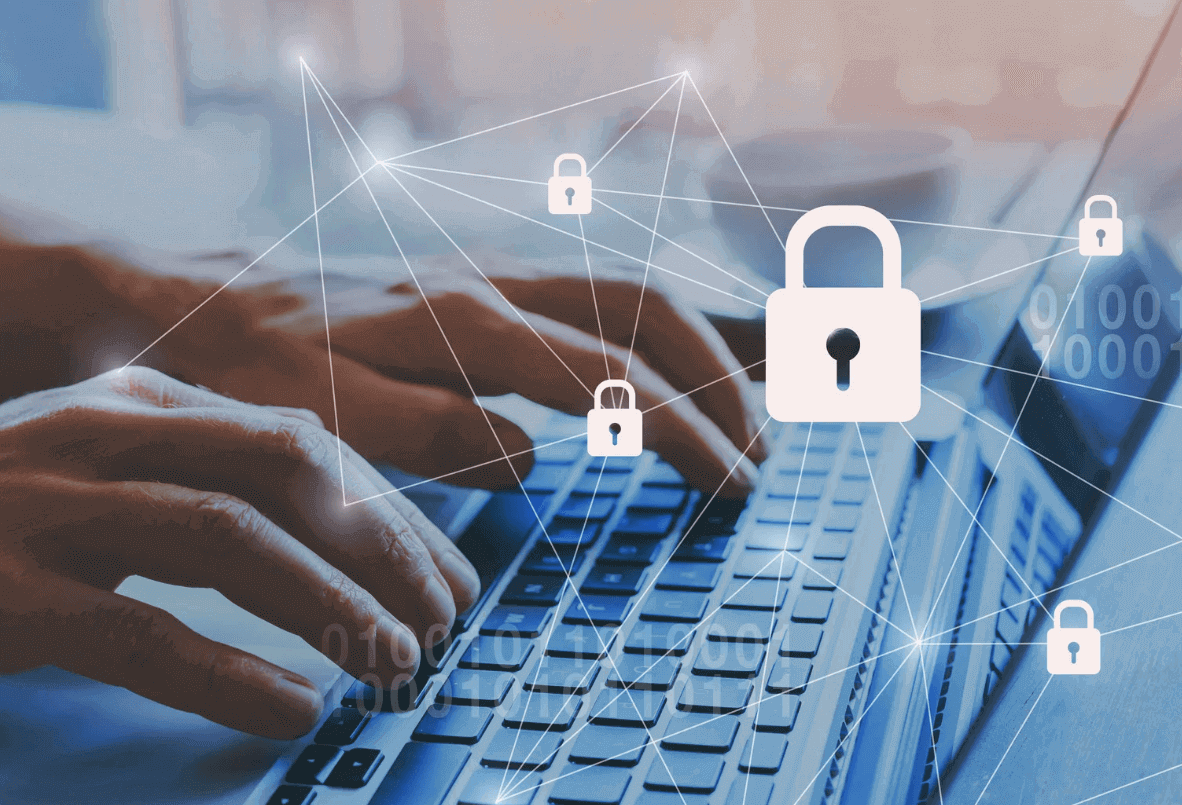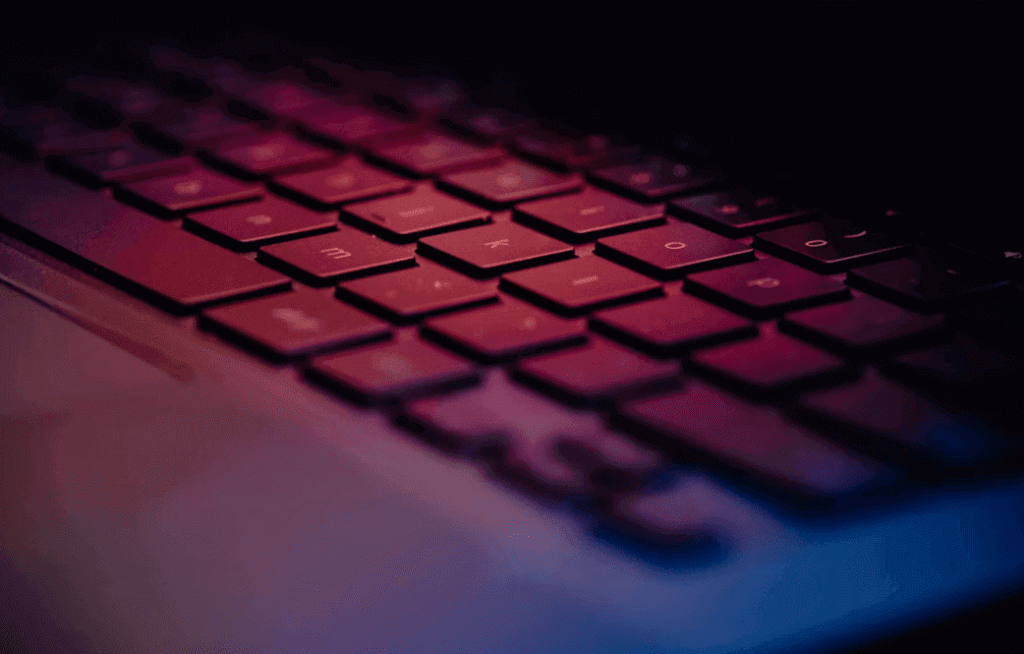On this post, let’s talk about AI Privacy Standards, the role they play in cybersecurity, and why you should be aware as a solopreneur.
You might be running your business all by yourself, juggling every role from CEO to customer support, but when it comes to cybersecurity, thinking like a solo operator just isn’t enough. Nowadays, in order to win, you need to adopt a team mindset even if your team is technically just you.
That’s because new AI privacy standards have recently emerged as the definitive framework for how personal and business data should be collected, managed, and protected responsibly. These standards set clear expectations for transparency, consent, and security when it comes to data handled by AI-powered tools and platforms.
So What Are AI Privacy Standards, Really?
These aren’t just made-up best practices; they’re backed by real policies like the EU AI Act, updates to GDPR, and newer U.S. laws aimed at keeping tech in check. If you’re using tools like chatbots, email automators, or AI-powered CRMs, you’re in the mix.
These tools handle personal info — names, emails, buying habits, even health data — and the new standards say: be clear, get permission, and lock it down tight. It’s not about scaring you into silence, just keeping the playing field fair and transparent.
But What Do These AI Privacy Standards Actually Mean for You?
The simple answer is that these new standards are designed to keep AI tools honest about how they collect, store, and use data — especially personal info from your customers and clients. If you’re using chatbots, personalized marketing AI, or any smart tool that crunches data, you need to know how to play by the rules.
For solopreneurs, this is actually a chance to build trust and stand out from the crowd. Your customers want to feel safe, and showing you respect their privacy is the easiest way to earn that loyalty.
How Do You Play by The Rules and Stay Compliant?
The great news is, you don’t need a legal team, just a little common sense and consistency. Here’s the simple breakdown:
- Transparency: Let people know what data you’re collecting and why.
- Consent: Ask before using their info. No sneaky form fields.
- Security: Keep your digital doors locked — no open windows for nosy bots.
Why Cyber Hygiene Supports AI Privacy Standards Compliance?
It’s one thing to use AI in your business to save time, respond faster, or personalize customer experiences but it's another to ensure these tools are handling data in a way that meets today’s growing privacy standards. The truth is, many AI-powered platforms operate behind the scenes, constantly collecting, analyzing, and storing information.
That means any gap in your basic cybersecurity — whether it’s a reused password or an unsecured mobile device — could leave sensitive data exposed. This is why cybersecurity and AI privacy compliance aren’t separate conversations anymore. They go hand-in-hand.

Quick Cybersecurity Tips to Keep Your Solo Biz Safe
- Use Strong, Unique Passwords — ditch “password123” and upgrade to a password manager.
- Enable Two-Factor Authentication (2FA) — it’s like a bouncer for your accounts.
- Stay Updated — software updates aren’t just suggestions; they patch security holes.
- Be Clear on Consent — always get permission before collecting or using data.
- Vet Your AI Tools — pick vendors who take privacy seriously — no shady business.
- Back Up Your Data — because sometimes, even the best defenses need a Plan B.
Recognizing Phishing and Social Engineering
Phishing and social engineering are among the most common ways sensitive information is unintentionally handed over to the wrong people — and solopreneurs are often prime targets simply because they tend to handle everything themselves.
Phishing typically arrives as an email or message that looks trustworthy but is designed to trick you into sharing passwords, financial information, or clicking on harmful links. Social engineering goes further, using psychological manipulation to get you to lower your guard. The key here is to stay aware and skeptical.
Always double-check the sender’s email address, look for signs like urgent language or requests for personal info, and never click links or download attachments without verifying their legitimacy. If something feels off, trust your instincts and reach out to the supposed sender through a different channel. Educate yourself on common phishing tactics and keep your software’s spam filters active.
Mobile Device Security Best Practices
For many solopreneurs, a smartphone or tablet is more than just a communication tool. It’s a portable office, client manager, and sales portal all in one. That convenience, however, comes with its own set of security challenges. Mobile devices are often targeted because they carry sensitive data and are more prone to theft or loss.
Protecting your mobile workspace starts with simple steps: use strong passcodes or biometric locks like fingerprint or facial recognition to prevent unauthorized access. Keep your operating system and apps updated to ensure you have the latest security patches.
Avoid using public Wi-Fi for sensitive transactions unless you’re connected through a reliable VPN, which encrypts your data and keeps prying eyes away. Be cautious about the permissions apps request; only allow access to features necessary for their function. Regularly review and delete unused apps or data, and consider enabling remote tracking and wiping capabilities to protect your information if your device is lost.

Data Encryption Methods for Protection
Encryption is a powerful tool that transforms your data into a secure code that only authorized users can unlock. For solopreneurs, encryption isn’t just for tech giants; it’s a practical way to protect sensitive information like customer details, financial records, and personal communications.
Using encryption tools means that even if data is intercepted, it remains unreadable and useless to anyone without the correct key. Many email providers and cloud storage services now offer built-in encryption options — activating these can significantly boost your security without requiring a tech degree.
Additionally, encrypting your website traffic with SSL (Secure Socket Layer) certificates protects visitors’ data and builds trust with your customers. When you store files locally, consider encrypting sensitive folders or using encrypted external drives.
Secure File-Sharing Practices
Sharing files with clients, collaborators, or vendors is part of daily life. However, without proper safeguards, file sharing can become a weak link in your cybersecurity chain. Secure file-sharing practices ensure that sensitive documents don’t fall into the wrong hands, protecting both your business and your clients.
The first rule? Use trusted, secure platforms rather than email attachments or generic cloud links that anyone could stumble upon. Services like Google Drive, Dropbox Business, or encrypted file-sharing tools offer features like password protection, expiration dates on shared links, and detailed access controls.
Always set permissions carefully. Limit access to only those who truly need it, and avoid sharing files publicly unless absolutely necessary. When sharing files, opt for end-to-end encryption if the service offers it; this means your files are encrypted on your device, stay encrypted in transit, and can only be decrypted by the recipient.
It’s also smart to educate your clients or collaborators on securely handling the files you share—encourage them to avoid forwarding sensitive documents indiscriminately or storing them on unsecured devices.
Multi-factor Authentication
Multi-factor authentication (MFA) is one of the simplest yet most powerful tools solopreneurs can use to protect their online accounts. Instead of relying solely on a password, which, let’s be honest, can sometimes be guessable or accidentally reused, MFA requires you to provide a second form of verification before you can log in.
This could be a unique code sent to your phone, a fingerprint scan, or an authentication app prompt. By requiring two or more factors to prove your identity, MFA makes it dramatically harder for unauthorized users to gain access, even if they somehow get hold of your password.
For solopreneurs juggling multiple accounts—from email to banking to social media—this extra layer of security is crucial. And the best part is: setting up MFA is usually quick and straightforward on most platforms, and it doesn’t slow you down once it’s in place.
Keeping Business and Personal Data Separate
Mixing personal and business data might seem harmless, especially for solopreneurs juggling everything themselves. But keeping these worlds separate is a crucial step toward better security and smoother operations. When business and personal data coexist on the same devices or accounts, it creates confusion and risk.
For example, a personal email account might not have the same security protections as your business email, making it easier for sensitive business information to slip through the cracks.
Separating business and personal data means using dedicated email addresses, payment accounts, and even devices where feasible. This separation helps contain potential security issues, so if one account or device is compromised, it doesn’t open the door to everything else. It also simplifies compliance with privacy regulations, as business data often requires stricter handling than personal files.
Why Clear AI Regulations Matter More Than Ever
While progress is being made, the journey is far from over. It’s crucial that regulators, developers, and users continue pushing for transparency, accountability, and strong safeguards. In other words, the only way to use AI’s full potential right is by setting clear standards that ensure fair and responsible AI for everyone.
Simply put, all these evolving AI standards and cybersecurity measures are actually fantastic news for solopreneurs, because they level the playing field, giving even the smallest businesses a chance to build trust and credibility with customers in a way that was once only possible for big corporations.
When you take privacy seriously and adopt smart security habits early, you show your clients that you respect their information and value their trust. This kind of transparency becomes a powerful selling point that helps you stand out in a crowded market.


